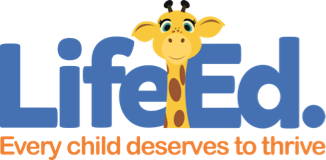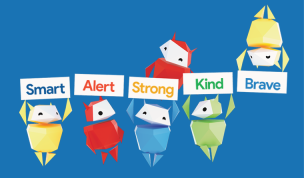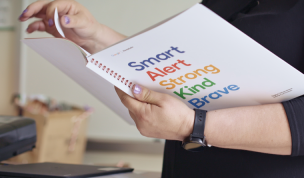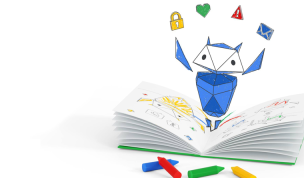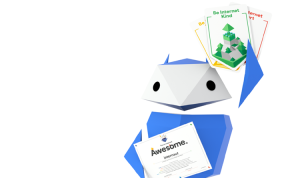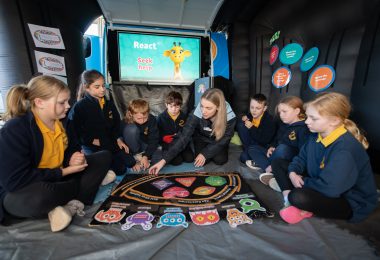Ice - What You Need To Know
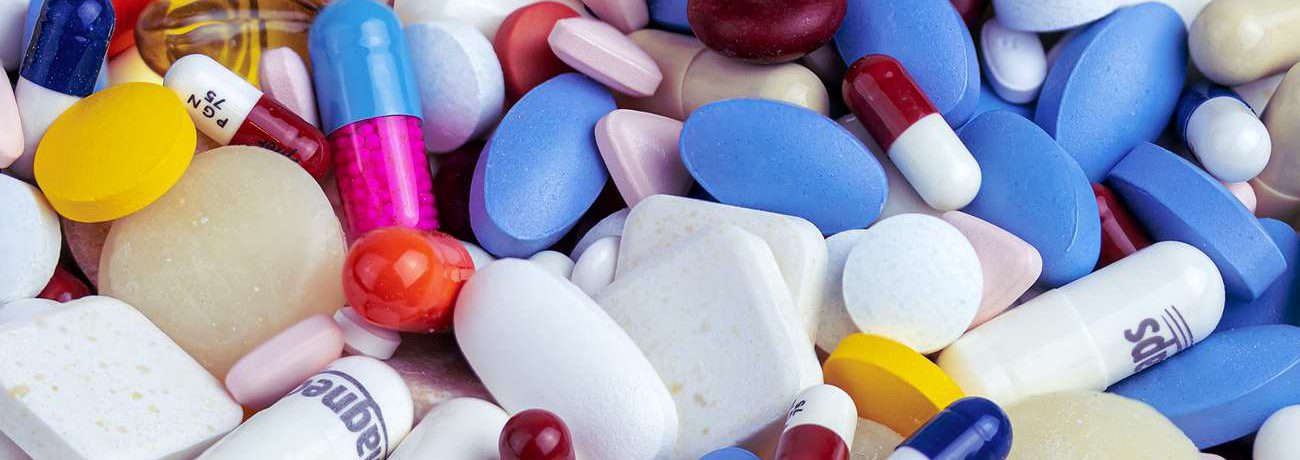
We understand that this can be a challenging topic: the reports, facts, figures and research can be scary; our ‘what you need to know’ will arm you with the facts to support you should your child come and ask you about ice.
What is Ice?
Ice is the street name for crystal methamphetamine hydrochloride – a synthetic drug made from chemicals. Also known as crystal, ice is a powerful and potent form of amphetamine, which stimulates the central nervous system and speeds up the messages between your brain and your body.
What does it look like?
Ice usually comes in the form of small crystals. These can be either brown or white.
How it is used?
Ice is usually smoked, but can be injected, swallowed or snorted.
What are the short and long term effects?
There is no safe level of use. Ice affects everyone differently but some of the immediate effects can include:
- An increased level of confidence
- Alertness and energy
- Teeth grinding and sweating
- Reduced appetite
- Repetitive actions such as itching and scratching.
The effects from the drug can last up to 6 hours, after that the user may experience another set of reactions ‘coming down’ including:
- Headaches
- Paranoia
- Hallucinations
- Difficulty sleeping
The long term effects of any illegal drug can be damaging. Prolonged use of crystal meth can lead to depression, anxiety, violence, increased risk of a stroke and heart and kidney problems. Changes in personality traits, increased tendency for anger and the loss of emotional capacity, use of ice can also have damaging effects to families, friends and the wider community.
How can I talk to my child about it?
Most children will not be aware or exposed to issues concerning illegal drugs and thankfully for most young children it may not be necessary to have discussions around specific illegal drugs and their dangers.
When appropriate, creating conversations about legal and illegal drugs with your child can help you gain an insight into your child’s opinions and knowledge about drug related issues. These may occur after watching the news, maybe there has been a new media story, a reaction in the community, or following a lesson taught in school. When these ‘teachable moments’ happen it may open an opportunity to reassure your child, help them to understand but also allow them to raise questions that may be concerning them.
What’s appropriate to tell an 18 year old versus an 8 year old is quite different, so in all instances it is important that these conversations are age appropriate and that you feel comfortable discussing the issues with them. As every child is different, and every situation is different, there is no fixed formula for having conversations about illegal drugs. Use terms that your child will understand, keep the tone of the conversation calm and ask questions in a non-judgemental way. The Other Talk offers some excellent advice on how you can have these conversations, when appropriate, with your child.
By providing a secure and trusted space your child should feel safe to discuss their concerns, worries and questions with you. Listen to their opinions and share your own. Remind them of the harmful effects of drugs to a person’s health, but also the emotional impacts and the effects drugs have on families and friends.
Rumours and stories spread like wildfire in schools and in peer groups so be prepared with facts and understanding yourself before you have these conversations. You can visit the Australian Drug Foundation for fact sheets and pamphlets.
What is Life Ed doing about it?
We believe that preventative education should play an integral role in helping children and young people avoid the harms associated with drugs.
Our age appropriate modules help children and young people develop their appreciation for the human body, their understanding of the impact that legal and illegal drugs can have on the body, and develop the strategies and skills to make informed decisions if faced with risky situations.
